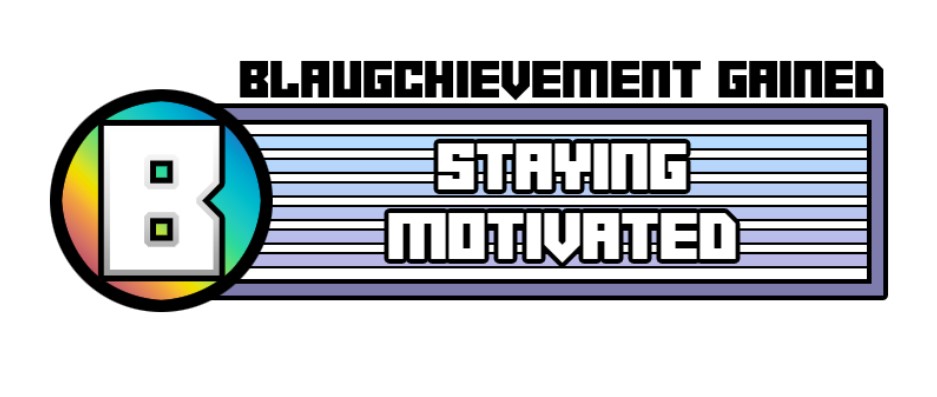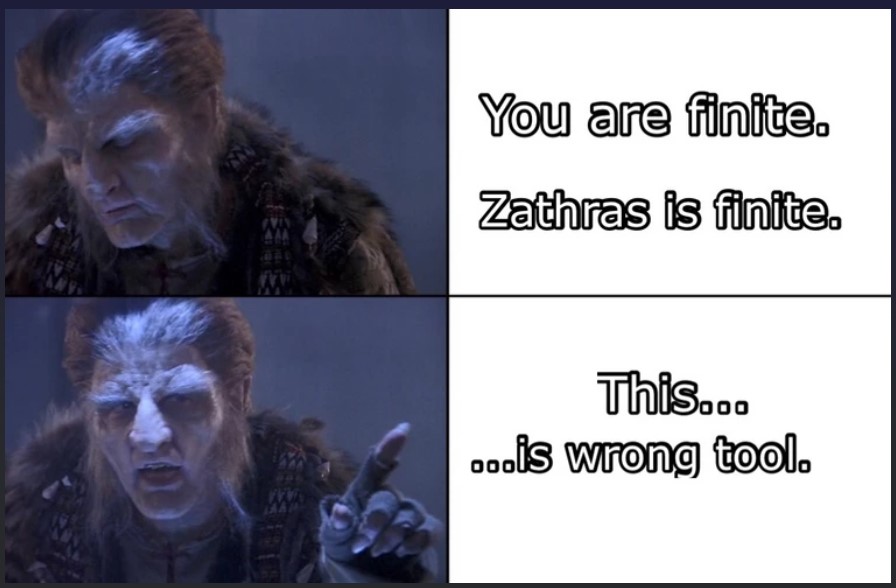I’ve been thinking about what makes me finish games, what makes me play them again, and what makes me leave them to gather dust. I used to feel compelled to at least finish a game I’d started, finish reading a book to the end, or clean my plate. I’d consider myself a completionist, but I have noticed that in the past few years I’ve become much more willing to walk away from a game or stop reading a book I don’t enjoy. Some might say that is a privilege of adulthood, but I think it’s because I am spoiled for choice these days. There are SOOO many games and so many great books that I can be pretty picky about how I spend my time. This is especially true for chasing game achievements that are outside the scope of just finishing a game.
The term “completionist” is an interesting one. As I’ve played through games with very long achievement systems, I’ve come to realize that I’m about as casual of a completionist as they come. I know a few people who will give up sleep, take time off of work, play through the biggest, most obnoxious slogs, just to make sure they finish every game achievement they possibly can. I am definitely not one of those players. Even this festival of blogging has an achievement system that I will mostly complete, but not feel bad that I won’t fully complete it. And yet its existence is why I wrote some posts this week. Fickle me… ?

That isn’t to say I haven’t pushed through some pretty big slogs myself, but they have typically had a very specific goal and desired reward at the end of the long strange trip… I’m not one for bragging rights, I don’t feel a compulsion to fill in every box, but I do find some motivation to hunt an achievement system’s shiny things in some games. Often it will be a quality of life feature such as unlocking flying was in WoW. Sometimes it is purely cosmetic. While I haven’t fully pegged what the formula is, there is a combination of required time + amount of annoyance involved that will push me over the edge and make me walk away from finishing some in-game goal. WoW is a perfect example of my wishy-washy nature here. I did their “Long Strange Trip” achievement and pushed through to unlock Nether Dragons, but left the game for quite a while when they locked flight within zones behind a reputation slog.
This dichotomy of playstyles must drive game developers absolutely nuts. They walk a fine line between satisfying people who absolutely MUST have complicated goals and achievements versus people who get bored or annoyed very easily. Then they have someone like me who falls between the extremes, who will sometimes chase an elusive goal to the end despite being bored and annoyed with the process, and sometimes just say “nevermind!” and walk away from it. Since I can’t even figure out all of my own reasons for sticking through or walking away, I’m sure they must spend a lot of brain cells trying to understand gamer motivations, designing game systems, and then end up completely confused when those fall so flat that a game like Wildstar fails.
Wildstar should have checked all of my boxes, it had humor, great music, a fun community and more, but the game never clicked for me. Baldur’s Gate 3 is another game that should keep me engrossed and happy, but I find I only play it in fits and spurts. I’ve put the controller down and never finished Control, Jedi Fallen Order and Horizon Forbidden West (despite finishing Zero Dawn and DLCs). For some of these games I can pin it down to traversal mechanics. For others, combat is so annoying to me that I don’t care how good the story is, I end up not enjoying myself. It is almost as if making certain SUPER annoying things a mandatory part of the game (slides in Fallen Order…) is a bad idea and will push me away from it. And yet, I will stubbornly push through something that is optional but has a specific reward at the end. As I end up with many more choices for how I spend my free time, my tolerance for how much a game respects my time versus wastes it goes down drastically. The feeling that a game respects my time versus squanders it and disrespects it, deliberately puts in artificial barriers to stretch my playtime, is a major common element here.

The science of motivation is pretty fascinating because people are so complex. The games industry has become such a major part of how a lot of people spend their free time these days that games like Baldur’s Gate 3 can brag about some astounding statistics. 200,000,000 hours of combined playtime is pretty astonishing, although part of me wonders how much of that playtime was spent wasted clicking on empty boxes. As games have become a more popular way to spend free time, more and more games are created and that popularity becomes a catch 22. My free time is finite, the number of games I own and could play FAR outweigh the hours in a day I can play. Games that respect my time keep me interested where games that waste it frivolously will lose out. I guess the same goes for achievement systems within games and optional goals. The ones that do well to balance the desirability of the end goal with the time it takes to achieve it will stick for me. The ones that don’t figure the formula out right, won’t. Of course, trying to nail down what I find a desirable end goal versus what someone else finds a desirable end goal, or more importantly what de-motivates us, is the art versus the science of game design.

0 Comments